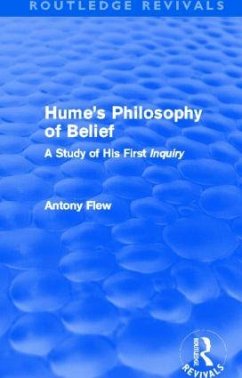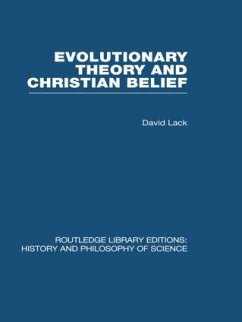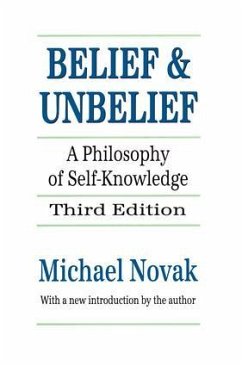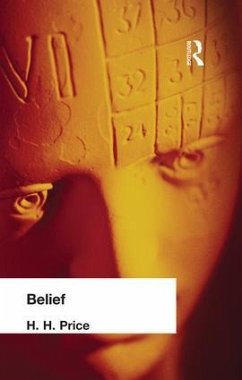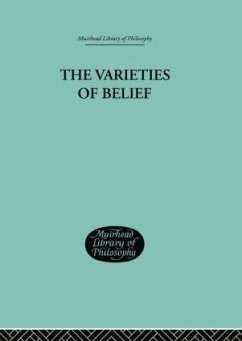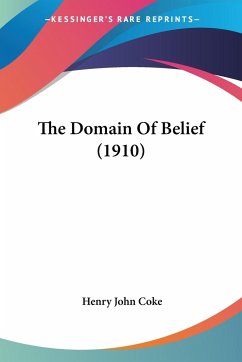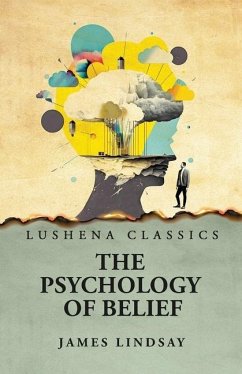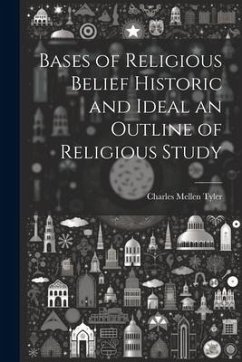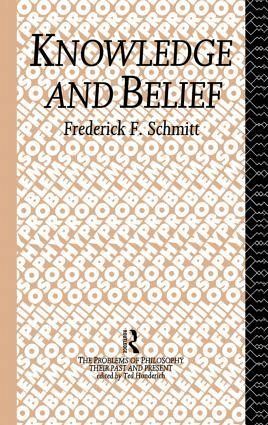
Knowledge and Belief
Versandkostenfrei!
Versandfertig in 1-2 Wochen
66,99 €
inkl. MwSt.
Weitere Ausgaben:

PAYBACK Punkte
33 °P sammeln!
Knowledge, from Plato onwards, has been considered in relation to justified belief. Current debate has centred around the nature of the justification and whether justified belief can be considered an internal or extenal matter. Epistemological internalists argue that the subject must be able to reflect upon a belief to complete the process of justification. The externalists, on the other hand, claim that it is only necessary to consider whether the belief is reliably formed, and argue that the ability to know by reflection is not required for a justified belief. In the historical section of th...
Knowledge, from Plato onwards, has been considered in relation to justified belief. Current debate has centred around the nature of the justification and whether justified belief can be considered an internal or extenal matter. Epistemological internalists argue that the subject must be able to reflect upon a belief to complete the process of justification. The externalists, on the other hand, claim that it is only necessary to consider whether the belief is reliably formed, and argue that the ability to know by reflection is not required for a justified belief. In the historical section of this book the three most important epistemologists, Plato, Descartes and Hume, as well as the ancient epistemologies of the stoics, Academics and Pyrhonians, are considered. In reconsidering the history of epistemology the author is led to argue against hte view that internalism is historically dominant. His critique of internalism is then developed into a sustained argument against many of its forms, and he goes onto defend an externalist, reliabilist epistemology.





